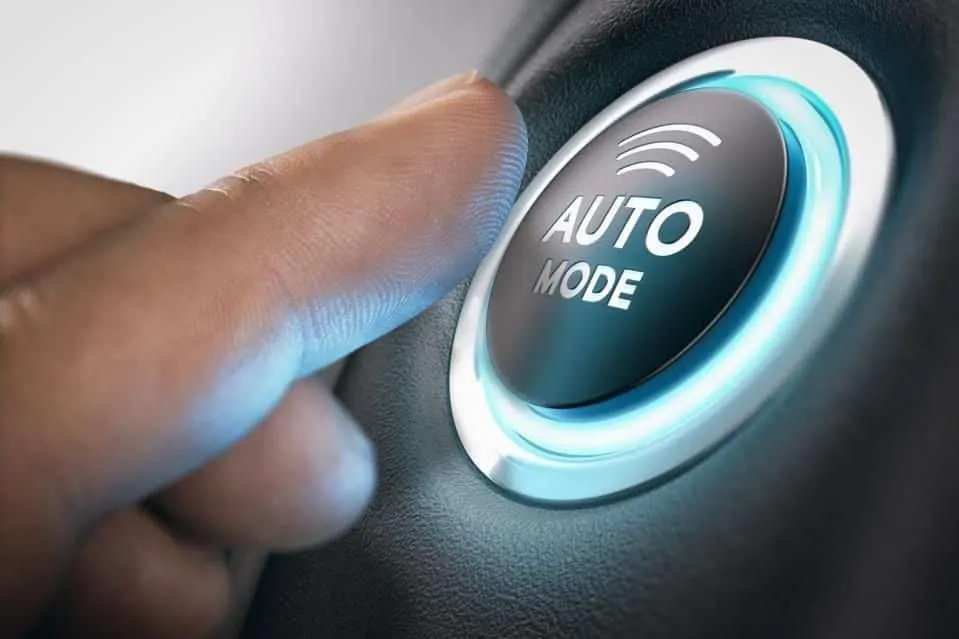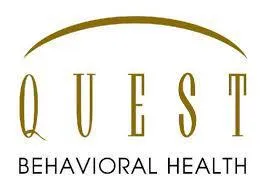Empathy is the cornerstone of our practice.
Visit our Locations
1124 US Highway 202 Suite B10 Raritan, NJ 08889
953 US highway 202 N Branchburg, NJ 08876
Give us a Call
Send us a Message
Opening Hours
Mon - Friday:
8AM - 9PM
Clinician Blog Posts

When Autopilot Fails Us: Why Intention Matters
When Autopilot Fails Us: Why Intention Matters
How often throughout your day do you find that you are acting not out of purpose, but out of impulse? Consider how many times each day you pick up your smartphone and scroll through one or more apps before realizing what you are doing, or how much time has passed. We know that as humans, one of the most important abilities that set us apart from most other species on the planet is our ability to transcend our animal instincts and base desires in favor of ideals and values that we choose. However, what many of us do not realize is that in order to take advantage of this uniquely human ability, we must actively choose to transcend our instincts in each and every moment. In other words, if we simply autopilot, or live passively, our behaviors will be under control of our animal instincts, which include both our desires and our fears.
How might one begin to break free of the reins of fears and desires? To take the first step on the journey towards freedom based on intentional living, we must first become more familiar with just what those forces are that constantly vie for control over our thoughts and behaviors. Perhaps there is a fear of being alone or left out that prompts you to open a social media app. Or perhaps there is a fear of coming face to face with your thoughts and emotions that prompts you to drown out the silence with any stimulation you can find. Once we can understand what the fears that lie beneath the surface truly are, we must now begin to understand how something as abstract and unconscious as a fear can lead to impulsive behaviors.
As humans evolved, it is believed that our brains became highly adept at protecting us from danger, so efficient in fact, that these protective mechanisms require no conscious effort or input from us, they simply operate automatically. Now while these protective mechanisms may be great at protecting us from external dangers like jumping out of the way of a moving vehicle, or ducking when we hear the sound of an explosion, they are not so good at protecting us from internal dangers. In Steven Hayes's book Get Out of Your Mind and Into Your Life: The New Acceptance and Commitment Therapy, he suggests that "the human approach to solving problems can be stated as: 'If you don't like something, figure out how to get rid of it, and then get rid of it'" (2005). Now once again, while this logic works wonderfully for external issues such as survival (e.g.: cold is aversive, remove cold with warmth), when it comes to dealing with uncomfortable thoughts and emotions, it tends to backfire. That same autopilot of the mind mentioned earlier works in just this fashion: it attempts to suppress and hide us from uncomfortable thoughts and emotions.
This tendency of the unconscious mind to attempt to avoid pain not only causes the suffering created by painful thoughts and emotions to grow, but it causes us to act impulsively, which in turn inhibits our human autonomy to actively choose our own behaviors. What we must learn is that emotional pain is not a problem to be avoided, but an experience that must be embraced and learned from. This is not complacency or defeatism, but rather the realization that our automatic tendency to attempt to avoid pain only creates further suffering. Ultimately, we must not attempt to avoid pain, but rather work to change our relationship with pain.
Understanding how our unconscious minds and impulsive behaviors work is critical in our efforts to improve ourselves and live more value-driven lives. This is because it is all too easy to be caught up in guilt and self-blame for the way that impulsive, fear driven behaviors affect our lives. Understanding that the same mechanism that causes you suffering exists with the intention of protecting you can be paramount in the journey to forgiving yourself for having this self-destructive tendency. The necessary conclusion is simply that conscious, intentional adjustments must be made in order to take the reins of this unconscious security measure, rather than letting the misdirected autopilot rule your life. Now of course, there is much more to the healing process and ongoing lifetime of maintenance that will not be addressed in this post. However, this increase in knowledge and self-awareness is a necessary foundation for growth, so give yourself the credit you deserve, for choosing to read this article and being an active participant in your own life.
References
Hayes, S. (2005). Get out of your mind and into your life: The new acceptance and commitment therapy. New Harbinger Publications Inc.
Accepted Insurances





Visit our Location
1124 US Highway 202 Suite B10 Raritan, NJ 08889 and at 953 US highway 202 N Branchburg, NJ 08876
Give us a Call
Send us a Message
About Us
We offer counseling and psychotherapy in New Jersey, Pennsylvania, and New York.
Opening Hours
Monday - 8AM - 9PM
Tuesday - 8AM - 9PM
Wednesday - 8AM - 9PM
Thursday - 8AM - 9PM
Friday - 8AM - 9PM
Saturday - CLOSED
Sunday - CLOSED
© Copyright 2022 A New Way Counseling and Psychotherapy LLC| All Rights Reserved
Schedule your next






